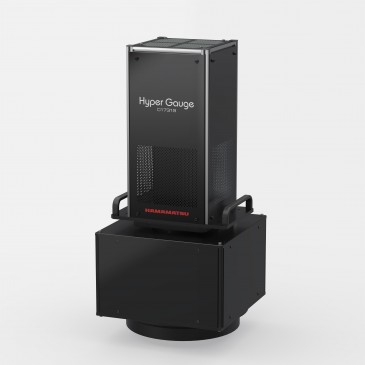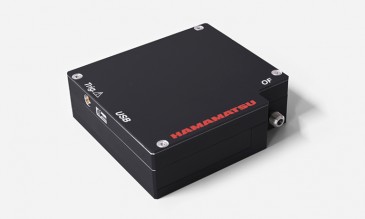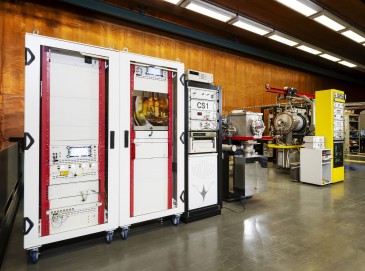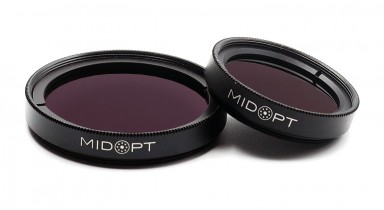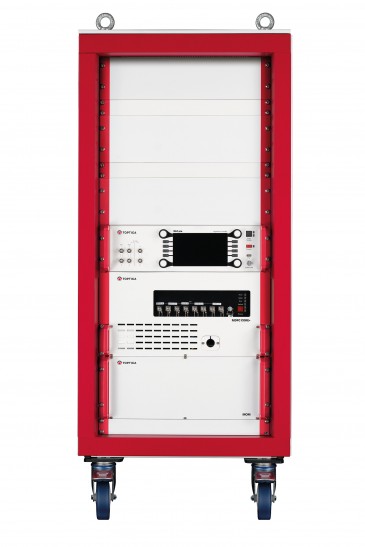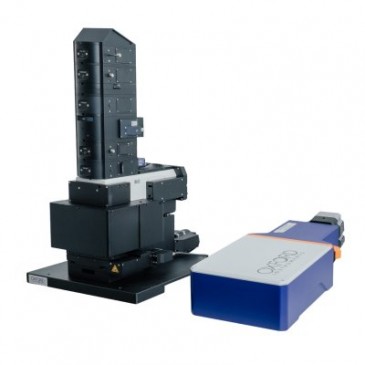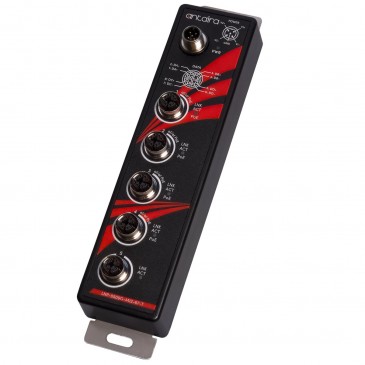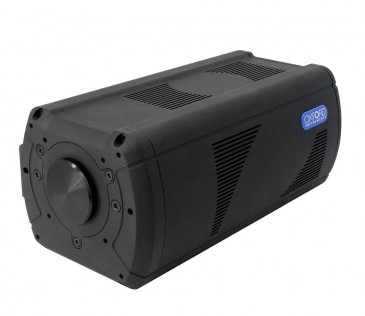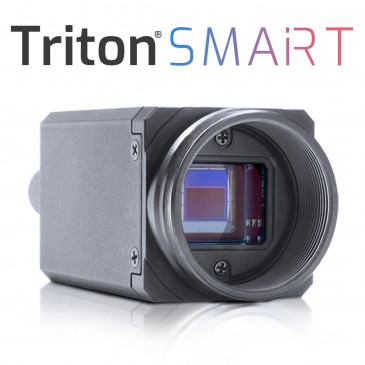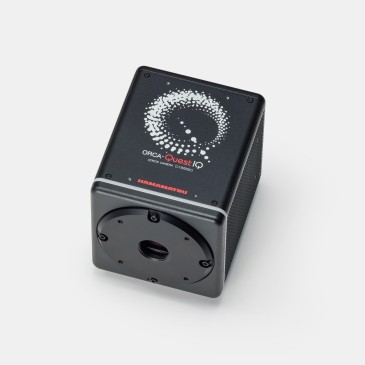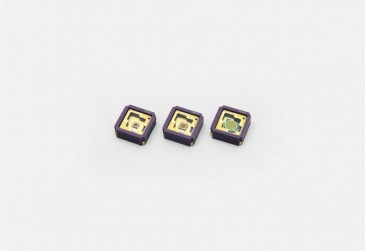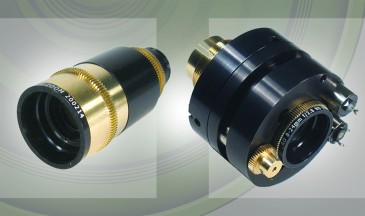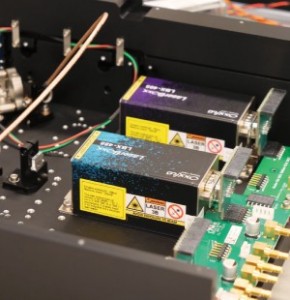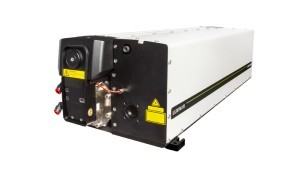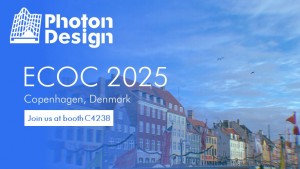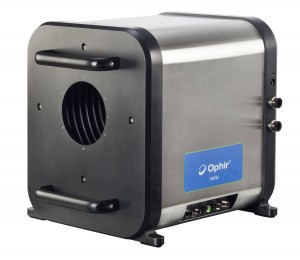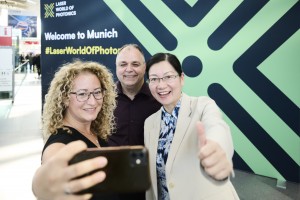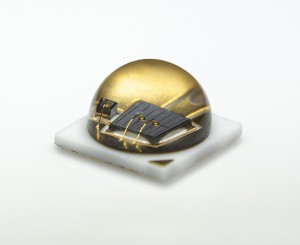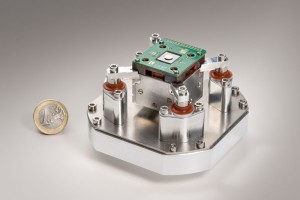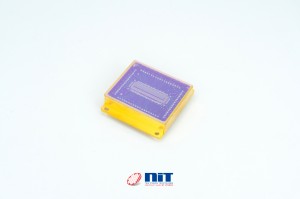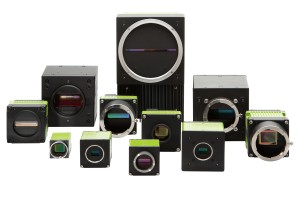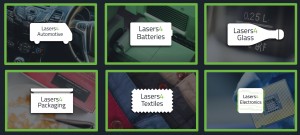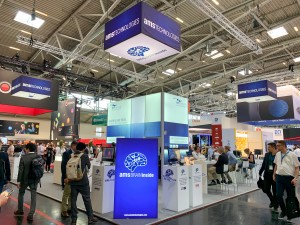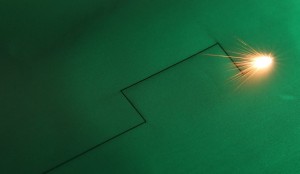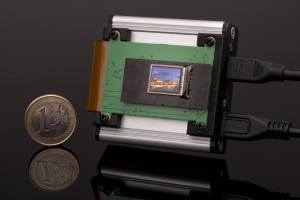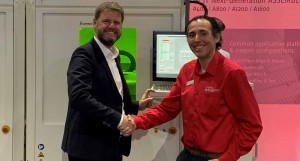
In this article Jose Pozo, EPIC's CTO talks to Torsten Vahrenkamp, CEO of ficonTEC about the past, present and future of ficonTEC and the challenges for active alignment assembly of photonics systems.
Upon finishing high school in 1994, Torsten wanted to become a carpenter like his father. But he was advised to go into technology and four years later he graduated from the University of Applied Sciences in Emden, Germany with a Diploma in Applied Laser Technologies. His studies involved work placements in Bangkok, where he worked for Siemens and in Hull University in the UK.
From the beginning of his studies, Torsten was interested in how he could apply theoretical knowledge to produce workable machines and processes and how to create added value from ideas, and in 1999 he began a PhD at the University of Loughborough (UK), working on a fully automatic laser lithography system for rapid generation of microstructures in submicron dimensions.
During further work at the Institute of Laser Technology in Emden, he developed a process to generate the world’s first in-glass diffractive optics using ion exchange processes in gradient refractive index glass.
ficonTEC - the early years
This period of research laid the foundations for the creation of ficonTEC, which Torsten co- founded with two colleagues in 2001 to provide automatic and semi-automatic assembly and test solutions for the photonics industry.
Looking back, Torsten recognizes that one of the reasons they were able to start the company was because as university students they had no salaries. As Torsten continues "it was very easy to adapt from nothing and to continue with nothing: we didn't need much to live on and we invested everything in the company".
Investment
In the beginning, they focused on two products for the telecoms industry and finding investors did not prove too difficult. Torsten recalls being approached at the first Laser show in Munich in 2001, by a US company who offered to buy them out for $8m. They were only 7 months old and would have gone through with the deal, but in 2002 the bottom fell out of the telecoms market and they were back to square one. There was no demand for what they had built up so they had to try and break into new markets: "It felt like we had nothing to sell - it was like selling fridges to Eskimos".
But then the high-power laser market began to open and ficonTEC had to take everything they had developed with telecoms and apply it to this new sector. And it was with high power lasers that the company was able to start growing again. This involved a listening exercise: listening to what was needed and listening to how the company could help. They moved in small steps, providing help to customers on individual systems whatever was required for packaging of photonic devices and by 2007 they were working on larger projects. The company were counting 45 employees by then… But it didn't last. With the financial crisis in 2008, the market collapsed again. Unfortunately, investors by that time were not able to come to an agreement with the housebank for an additional funding round and Torsten had to declare bankruptcy. This was the worst moment of his career from which Torsten learnt the valuable lesson of choosing investors carefully and not going for funding too early.
For the next three months, Torsten and his cofounder Matthias Trinker concentrated on keeping the team together and was fortunately offered a loan from Christian Velez, CEO of Exalos to restart the company. FiconTEC asked its customers to place additional down payments on their machines and the company slowly got back on its feet.
By the end of 2009, they had a new team of 25 and orders started to come in for things like wafer to wafer bonding, high-power laser modules and fibre attached modules. Then, in 2010, they started to automate for laser assembly tools for the hard drive industry and by 2014, business was so good they had to move into a larger building.
ficonTEC - the present
In recent years ficonTEC has emerged as an iconic company for the fully automated active alignment assembly and testing of opto-electronics components and photonic devices.
Its expansion has been impressive: between 2010 and 2017 the company's workforce grew from 25 to more than 200; their production facilities increased from 1000 to 4,000 sq. m and they opened subsidiaries in US, China and Thailand and a production plant in Estonia. Most recently, they have created their own R&D Center in Achim, Germany.
Active alignment
As regards their current technology, Torsten sees no reason to change their focus from active to passive alignment. Passive alignment relies on manufacturing components with very tight tolerances and required complex expensive systems for assembly. Active alignment, in contrast, uses real time feedback from the lenses to correctly align the optics into their final position. As Torsten argues, active alignment does not need to be slower than passive alignment and the higher degree of fine tuning achieved with active alignment makes it the best choice for high-end integrated photonics components.
For Torsten, the main challenge with active alignment is further speed optimisation and, in this regard, he sees the main limiting factors not in relation to the machines but to processes such as epoxy curing
Photonic wire bonding
A related issue is the low yield of optical chips used by some of their customers. This can be expensive and Torsten believes that the only way to make integrated photonics compatible with smaller companies is to decouple single functions and put them onto the type of individual chips that can be bought commercially. But to achieve this, the chips need a very flexible system of connectivity and for this reason ficonTEC has been investing heavily in Vanguard Photonics - a company that has developed a photonic wire bonding technology to provide this type of connectivity.
ficonTEC - the future
ficonTEC is seeing increasing competition from smaller, system integrator type companies and Torsten believes that ficonTEC's long term survival will depend on its ability to provide higher degree of automation and to provide more added value for its customers particularly by way of software data handling. The aim is to make their machines more intelligent by moving to IoT and data mining to enable inter-machine communication, machine learning and machine self-monitoring to anticipate future problems and maintain 100% output.
What would you have done differently?
Chose investors more carefully: on reflection, the only thing Torsten would have done differently, is to have chosen his investors more carefully, i.e. to have gone with investors who were prepared to develop a more holistic and longer-term relationship with the company and not just focussed on money. Additionally, he would have waited until the technology was more mature before looking for investment
Join EPIC sooner: had EPIC been in existence, he would have joined the organisation right at the start. As Torsten says:
"EPIC has been our best marketing machine ever. In this business you live off networking by being present at workshops and conferences and talking to people. That's where you get all the details and make connections: for example, at the last EPIC run in San Francisco, I sold two machines".
Advice for future entrepreneurs
"First, selecting the right people was, and still is, crucial. Select people you know can do the job and who you can trust. When I started, I surrounded myself with people I had studied with and who I knew I could rely on. It felt like a family - there were only a few of us and we were working 60-70 hours a week and socialising and having parties at the weekends, so we were pretty much together the whole time".
"Second, if something goes wrong, don't blame someone else because it nearly always comes down to a decision you made or something you did. Learn from your mistakes and move on".
"Third, chose your investors carefully and don't give away too much of the company at the beginning".
Written by Jose Pozo, Director of Technology and Innovation, EPIC

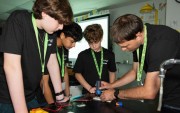


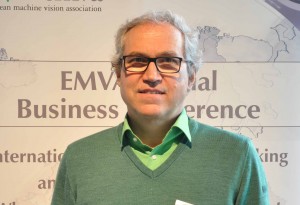
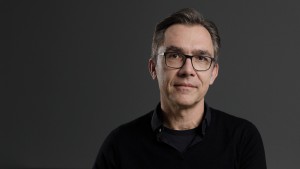
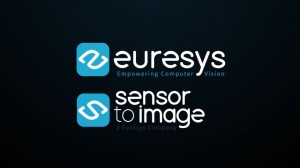


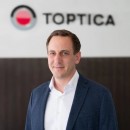
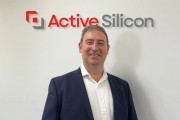
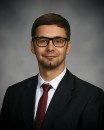

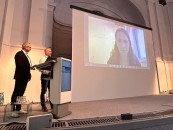
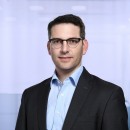
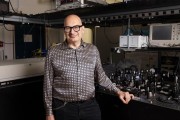
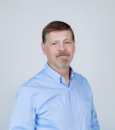

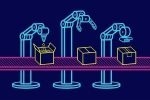
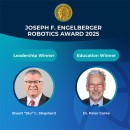

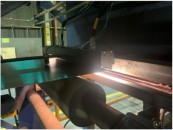
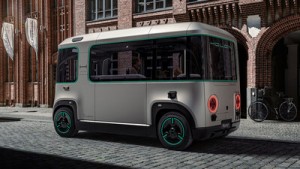
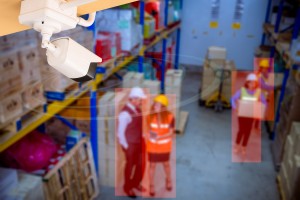

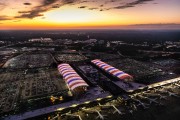
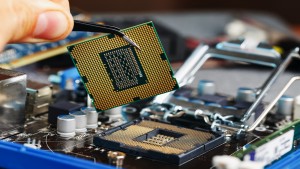

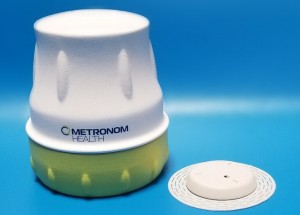
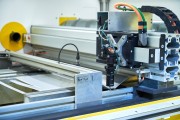

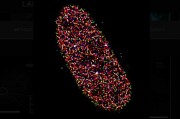
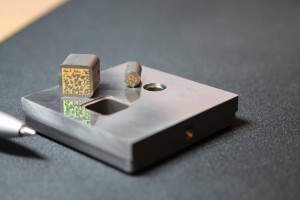

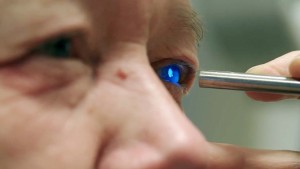
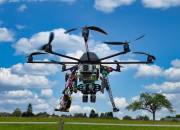
 Back to Features
Back to Features